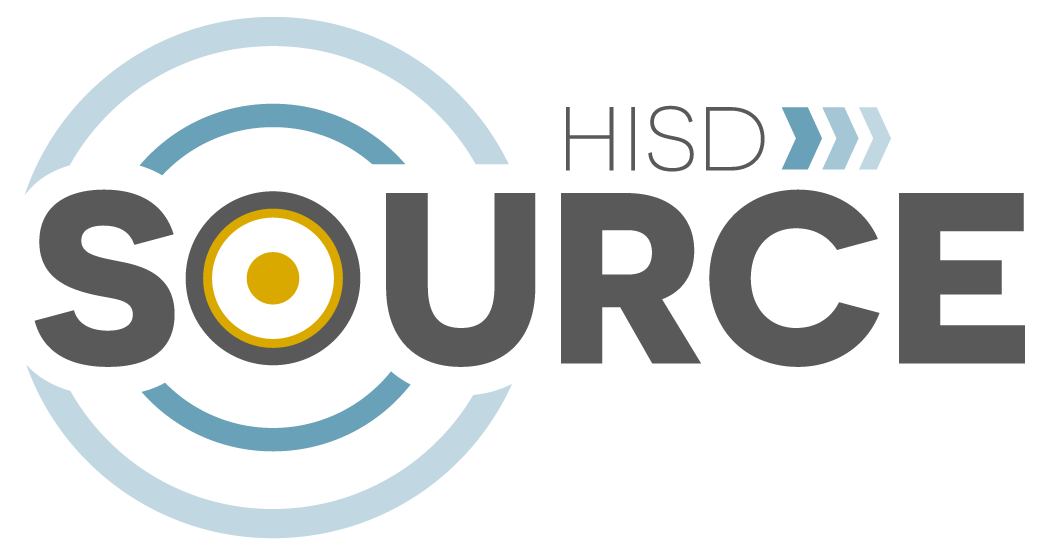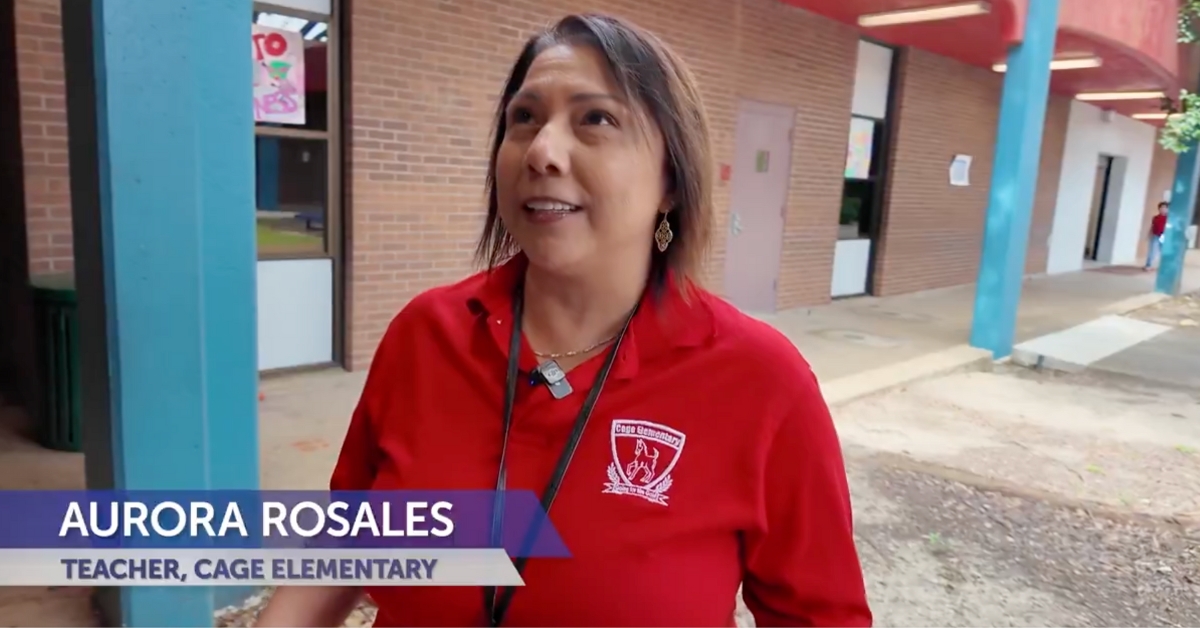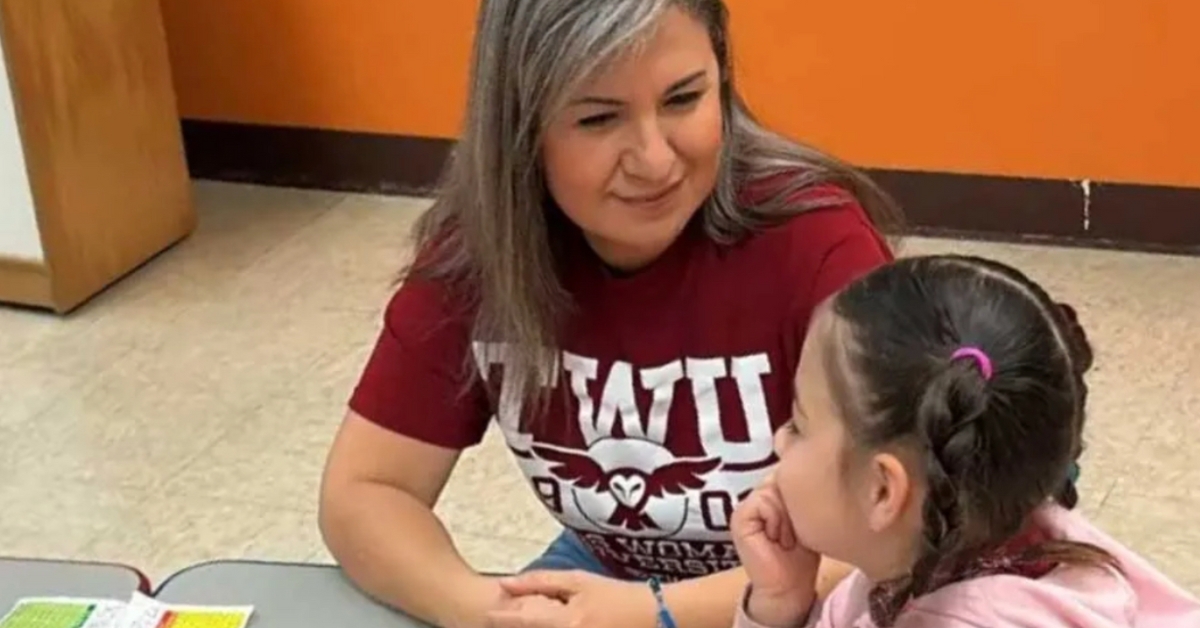
Nearly half of all 3-year-olds and a third of all 4-year-olds in the United States were not enrolled in preschool in 2019, according to the National Institute For Early Childhood Research (NIEER).
Factors such as lack of availability and cost prevent both children and parents from benefiting from access to pre-K programs.
The impact
The impact on education and the economy is profound. As we move further into the 21st century, the U.S. struggles to prepare students for the future. And parents not being able to maximize their job opportunities due to the lack of early childhood care and education hurts American workers’ productivity.
According to the Harvard Business Review (HBR), the need for childcare in the U.S. has never been greater. The U.S. economy loses as much as $35 billion annually because parents need to leave the labor force or reduce their working hours to care for their children.
However, the Center for American Progress (CAP) estimates the impact in much more significant numbers. Lack of access to reliable and affordable infant and toddler care currently costs the U.S. economy $122 billion every year due to lost earnings, productivity, and tax revenue.
And the matter is made worse by the increasing number of communities that find themselves childcare deserts. This makes pre-K program expansion in Houston and the nation even more valuable to parents with children between the ages of 1 and 5.
Nearly 27 million people—16% of the U.S. workforce—rely on childcare to do their jobs, according to the nonprofit First Five Years Fund.
Where HISD stands
HISD data shows the number of students currently enrolled in pre-K as well as the number who could have access if the bond proposal is approved in November.
Those numbers are as follows:
- An estimated 39,000 students who live within the district boundaries are preschool age who live within the limits of the district.
- Currently, the district only has 14,000 seats for pre-K students.
- 25,000 students currently lack access to the program
The benefits of expanding pre-K
Students enrolled in pre-K programs begin their education journey in a flexible, play-based learning philosophy to build a lifelong love of learning. This dramatically increases their preparedness for graduation from high school and higher education.
Families, especially those with two working parents, can benefit from dependable childcare to enable them to pursue better career options.
Often, economically disadvantaged communities are hardest hit by the lack of such programs, as many lower-income jobs require workers to be on-site versus remote or hybrid work environments.
Stay updated with the latest HISD news! Download our new HISD Source app, available for both Android and Apple devices.













